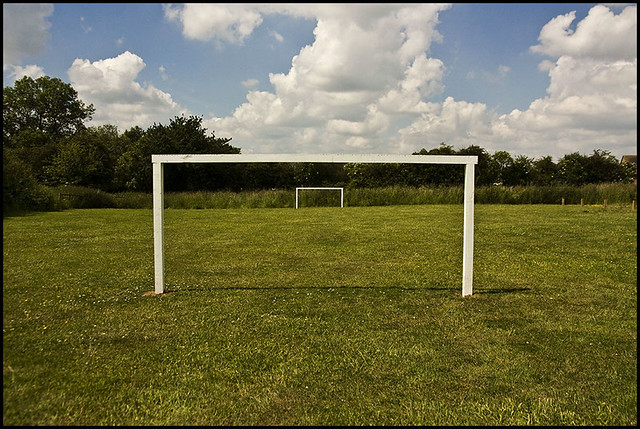The backstop: shifting goalposts, shifting red lines
Having physical infrastructure and additional checks and controls away from the border does not avoid a hard border; it simply places the hardened post-Brexit border elsewhere says Lisa Whitten and David Phinnemore.

With less than six weeks to go until 31 October and Boris Johnson’s ‘do or die’ Brexit, the UK and the EU27 seem no closer to reaching agreement on revised terms for the UK’s withdrawal than they were when the new government was formed at the end of the July.
Primarily, it is a lack of ‘viable’ and ‘concrete’ UK ideas for an alternative to the current backstop provisions that is holding up progress.
The UK government complains that the EU is refusing to be flexible; while the EU says it has failed to receive any ‘credible’ proposals.
It is not, however, simply the lack of a ‘fully workable and legally operational’ solution to avoiding a hard border on the island of Ireland that explains the current impasse.
More fundamentally, the Johnson government is no longer seeking to achieve the same outcome as its predecessor. It has shifted – or is at least trying to shift – the goal posts.
In his August letter to Donald Tusk, Johnson was clear: ‘we cannot continue to endorse the specific commitment in paragraph 49 of the December 2017 Joint Report, to “full alignment” with wide areas of the single market and the customs union’.
He added: ‘That cannot be the basis for the future relationship, and it is not a basis for the sound governance of Northern Ireland’.
To continue reading please click here.
David Phinnemore is a Professor of European Politics at Queen’s University Belfast.
Article originally appeared on The UK in a Changing Europe site.
The featured image has been used courtesy of a Creative Commons license.




